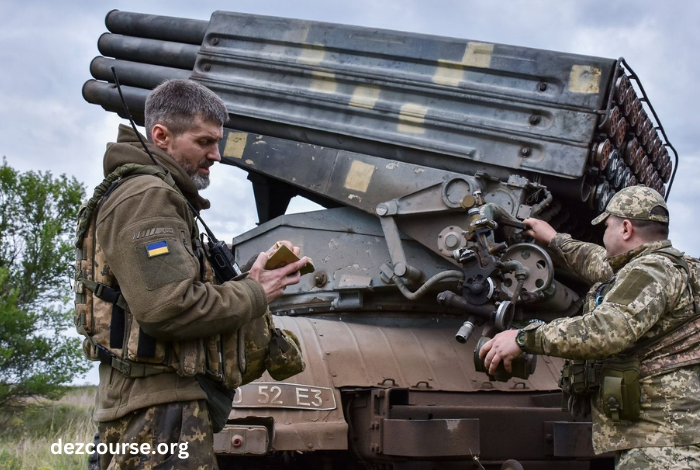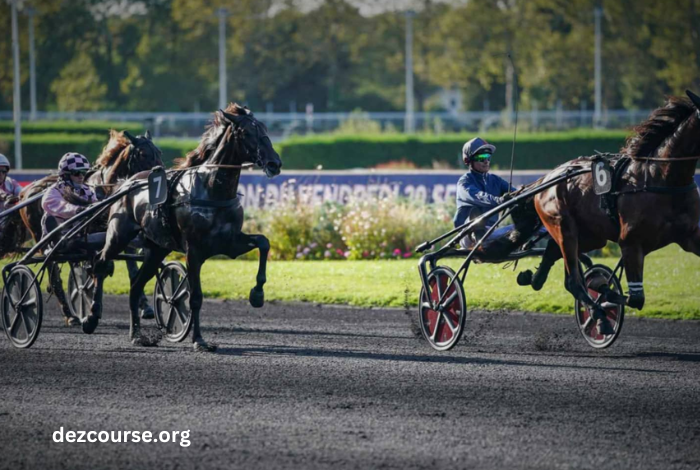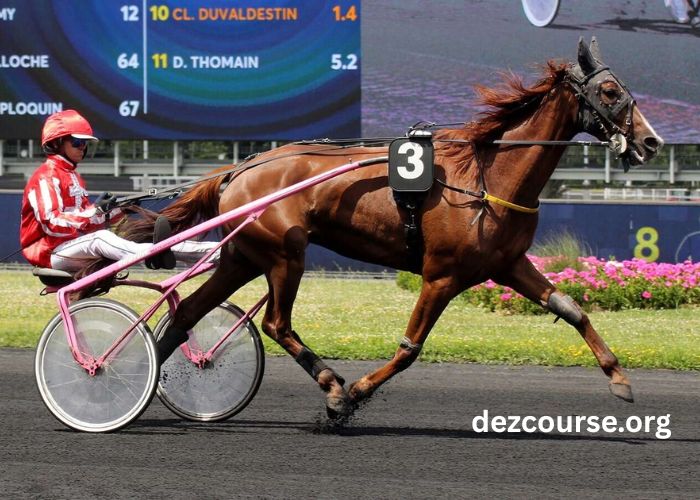
Guerre en Ukraine
The Guerre en Ukraine has become one of the most significant conflicts in Europe in recent history, reshaping not only the region’s geopolitical landscape but also influencing global alliances and economic trends. This war, which began in February 2022, involves complex dynamics between Ukraine and Russia, with multiple international actors and organizations involved, directly or indirectly. The Guerre en Ukraine is not just a regional conflict; it has become a symbol of resistance against territorial aggression and a test of international diplomacy in the modern world.
The impact of Guerre en Ukraine has been far-reaching, affecting everything from energy prices and trade routes to the global refugee crisis. In addition to the direct consequences for those living within Ukraine, the war has raised questions about the future of international law, sovereignty, and the role of organizations such as NATO and the United Nations in conflict resolution. The international community remains divided, with some nations supporting Ukraine and others backing Russia. Meanwhile, the human cost of the Guerre en Ukraine continues to mount, with millions of civilians displaced and thousands of lives lost in the ongoing hostilities.
What Are the Root Causes of Guerre en Ukraine?
The roots of the Guerre en Ukraine can be traced back to a complex mix of historical, political, and territorial issues that have developed over decades. One of the primary factors contributing to the conflict is Ukraine’s geopolitical positioning between Russia and the European Union. For years, Ukraine has oscillated between pro-European and pro-Russian orientations, which has created tension within the country and with its larger neighbor, Russia. The Guerre en Ukraine was exacerbated by Russia’s dissatisfaction with Ukraine’s increasing alignment with the West and its desire to retain a sphere of influence over the post-Soviet region.
Another underlying cause of the conflict lies in Russia’s annexation of Crimea in 2014, which was condemned by the international community. This event not only escalated tensions between Russia and Ukraine but also strained Russia’s relations with the West. The annexation was followed by Russia’s support for separatist movements in eastern Ukraine, particularly in the Donbas region, which became a hotspot of violence and instability. Over time, these actions culminated in the full-scale invasion of Ukraine in February 2022, marking a dramatic escalation of the Guerre en Ukraine.
In addition to territorial disputes, cultural and linguistic divisions within Ukraine have also played a role in the conflict. While the western part of Ukraine leans more toward European integration, the eastern regions, including areas like Donetsk and Luhansk, have a significant Russian-speaking population and have historically had closer ties to Russia. These divisions have made it difficult for Ukraine to present a united front, especially when external pressures from Russia have amplified local conflicts.
How Has the Guerre en Ukraine Affected Global Geopolitics?
The Guerre en Ukraine has profoundly altered global geopolitics, particularly in terms of alliances and the balance of power in Europe. Prior to the war, Europe was largely focused on economic integration and diplomatic cooperation. However, the invasion has redefined security priorities, leading to a dramatic shift in the security dynamics of the continent. NATO, for instance, has seen a resurgence in importance as countries such as Sweden and Finland have sought membership, motivated by the growing threat from Russia. This expansion of NATO and the collective defense measures it entails is one of the direct consequences of the Guerre en Ukraine.
At the same time, the war has driven a wedge between Western nations, including the United States and European Union, and Russia. The Guerre en Ukraine has resulted in a wide range of sanctions imposed on Russia by the U.S., EU, and other countries, targeting everything from oil and gas exports to the financial sector. Russia, in turn, has sought to strengthen its ties with other countries, notably China and Iran, as it faces increasing isolation from the West. The shifting alliances and the growing militarization of Eastern Europe are significant long-term consequences of the Guerre en Ukraine, changing how nations interact with one another in both political and economic contexts.
The war has also underscored the limits of international diplomacy in the modern era. While international organizations such as the United Nations have condemned Russia’s actions, there has been little direct intervention to stop the conflict. The Guerre en Ukraine has therefore prompted many to question the effectiveness of multilateral institutions in resolving large-scale conflicts and whether the global security architecture is equipped to address contemporary challenges.
What Is the Humanitarian Impact of the Guerre en Ukraine?
The humanitarian toll of the Guerre en Ukraine has been staggering. Millions of people have been forced to flee their homes, creating one of the largest refugee crises in recent history. According to the United Nations, millions of Ukrainians have sought refuge in neighboring countries, especially Poland, Germany, and other parts of Eastern Europe. The displacement has led to significant strain on local resources and infrastructure in these countries, as they struggle to accommodate the influx of refugees.
Inside Ukraine, the situation is equally dire. Civilians have been caught in the crossfire of intense military confrontations, with widespread destruction of homes, schools, hospitals, and other vital infrastructure. The Guerre en Ukraine has also led to a massive loss of life, with thousands of soldiers and civilians killed in the ongoing fighting. The war has disrupted daily life, with large parts of the country experiencing power outages, shortages of essential goods, and an overwhelmed healthcare system.
Beyond the immediate suffering, the war has long-term psychological effects on both the displaced populations and those living in conflict zones. Trauma, mental health issues, and the destruction of communities will leave deep scars on future generations. The Guerre en Ukraine has, in many ways, become a humanitarian disaster that calls for coordinated international aid and intervention to address both immediate needs and long-term recovery.
How Are Economic Systems Affected by the Guerre en Ukraine?
The Guerre en Ukraine has had significant economic repercussions, not only within Ukraine but also on a global scale. For Ukraine, the destruction of infrastructure and the disruption of agricultural production have led to a severe economic downturn. Ukraine is one of the world’s largest exporters of grains, and the war has blocked many of its vital ports on the Black Sea, leading to a global food crisis. The Guerre en Ukraine has caused food shortages and price hikes in many parts of the world, particularly in developing nations that rely heavily on Ukrainian grain exports.
Russia has also faced substantial economic challenges due to the widespread sanctions imposed by Western countries. These sanctions have targeted key sectors of the Russian economy, including energy, finance, and defense. The Guerre en Ukraine has led to inflation in Russia, a decline in foreign investments, and a weakened ruble. Despite these challenges, Russia has tried to mitigate the effects by seeking alternative trade partners, particularly in Asia, to offset losses from the West.
The global economic landscape has also been affected by the war. Energy prices have surged due to the uncertainty surrounding Russian oil and gas exports, which have been disrupted by sanctions and the ongoing conflict. Many European countries, heavily reliant on Russian energy, have sought to diversify their energy sources, leading to a spike in demand for alternatives such as natural gas, solar power, and wind energy. The Guerre en Ukraine has therefore triggered a realignment of global energy markets, with far-reaching consequences for economies worldwide.
What Role Does International Aid Play in the Guerre en Ukraine?
International aid has played a crucial role in alleviating the suffering caused by the Guerre en Ukraine. Humanitarian organizations, governments, and international institutions have provided financial, medical, and logistical support to both displaced persons and those still living in conflict zones. Countries around the world have sent financial aid, supplies, and military equipment to support Ukraine in its defense efforts. This aid has been instrumental in helping the Ukrainian military maintain its resilience against Russian advances and in providing basic necessities to the population.
The European Union, the United States, and other global powers have committed billions of dollars in military and humanitarian assistance to Ukraine, providing weapons, medical supplies, and funding for refugees. These efforts have helped to stabilize the situation, but the ongoing nature of the war means that international aid is needed on a continuous basis. As the conflict drags on, the scale of humanitarian aid required to address both immediate needs and long-term recovery continues to grow. The role of international aid in the Guerre en Ukraine cannot be overstated, as it is a critical lifeline for millions of Ukrainians affected by the war.
Conclusion
In conclusion, the Guerre en Ukraine is a complex and multifaceted conflict that has far-reaching consequences for Ukraine, Russia, Europe, and the world. The geopolitical, economic, and humanitarian impacts of the war continue to unfold, with significant challenges for all involved. As the conflict drags on, the international community must continue to seek diplomatic solutions while addressing the urgent humanitarian crisis. The Guerre en Ukraine serves as a stark reminder of the fragility of global peace and the importance of international cooperation in preventing further escalation. While the outcome of the conflict remains uncertain, its effects will shape the course of global politics and economics for years to come.







